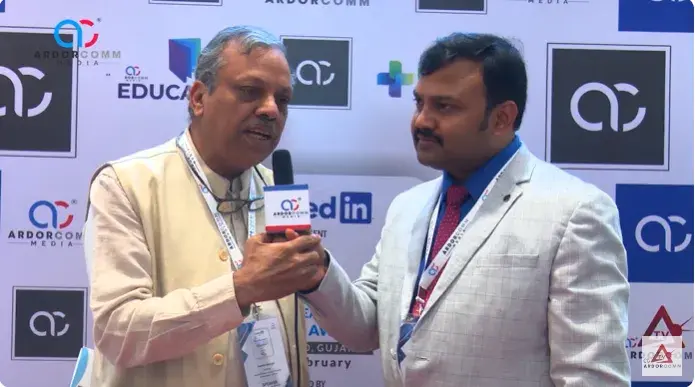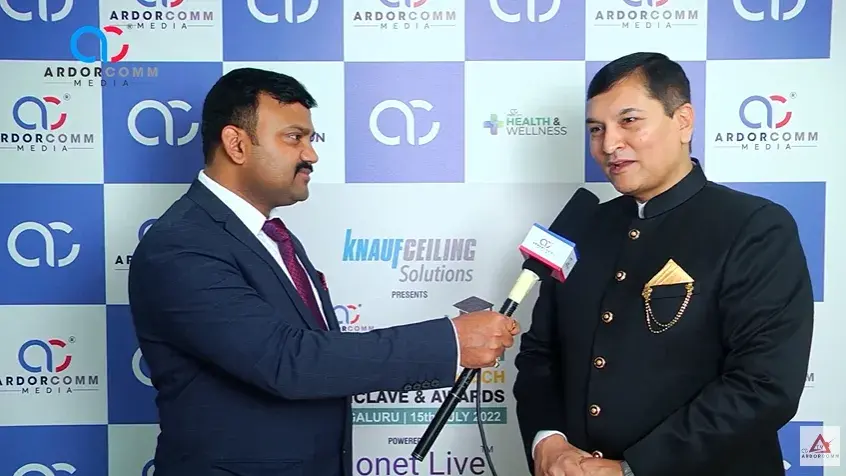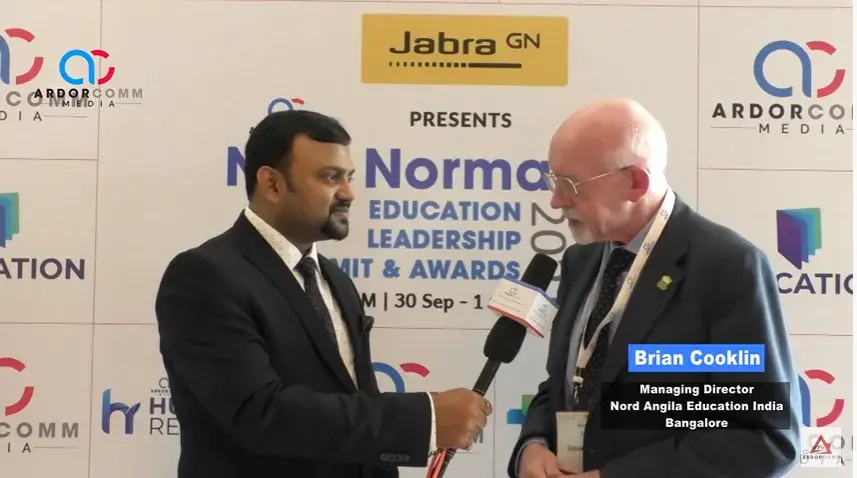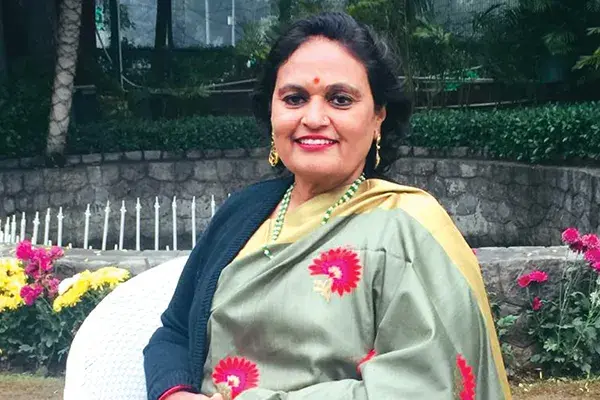Dr. Gangadhar G Hugar, Director – MBA Department, Laxmi Vidyapeeth Institute of Management, Valsad expressed the vision of S.N.V International School on NEP 2020
“AICTE and UGC need to organize massive decentralized workshops at state, regional, and district levels to educate stakeholders on how to implement NEP policies effectively” said Dr. Gangadhar G Hugar, Director – MBA Department, Laxmi Vidyapeeth Institute of Management, Valsad at ArdorComm Media Group hosted ‘New Normal – Education Leadership Summit & Awards 2024’ on 10th February 2024 at Crowne Plaza Ahmedabad City Centre, Ahmedabad, Gujarat. How does the new education policy actually help students become market-ready? In my view, the National Education Policy, which has been drafted by AICTE and UGC, is still not visible in the education market. As per my knowledge, only about 10 to 15% of elite higher education institutions have been able to execute NEP policy amendments and move forward. The remaining 85 to 90% of institutions, especially those in rural and tier 2 areas, are still following traditional methods of education. In my opinion, to address this, AICTE and UGC need to organize massive decentralized workshops at state, regional, and district levels to educate stakeholders on how to implement NEP policies effectively. This will ensure that the benefits of these policies reach the broader education community. How do you think implementing AI and technology in the education system will impact it in the next 5 to 10 years? While I’m not a technical expert, artificial intelligence is making waves globally, including in education and corporate sectors. However, its impact on the education system in India may not be significant in the next five to ten years. India needs to be more open to accepting new technologies like AI. Currently, traditional methods still dominate, and there is hesitancy in embracing new developments. I believe that AI implementation may only impact around 5 to 10% of the education system in India within the next decade. How is your university taking the lead in terms of addressing the mental health of students on campus? At Laxmi Vidyapeeth Institute, we have a vision to become a private university in the coming years. We aim to offer diverse courses to cater to the needs of students in our geographical area. Additionally, we prioritize creating a supportive and friendly environment on campus to alleviate stress among students. We encourage two-way communication with students, listen to their ideas, and implement feasible suggestions to enhance their experience. Moreover, we organize extracurricular activities to provide students with opportunities for relaxation and exploration outside the classroom, fostering creativity and personal growth. ArdorComm Media is now celebrating its second year of existence. Any message or suggestions you wish to share with us? I would like to extend my gratitude to Mr. Chandan Ji for leading ArdorComm. This event has brought together education leaders, including vice-chancellors, directors, and philanthropists, to share valuable insights. I believe that together, we can work towards converting the ideas discussed here into practical implementations for the benefit of the education community. I encourage ArdorComm to continue its efforts in facilitating such discussions and initiatives.








